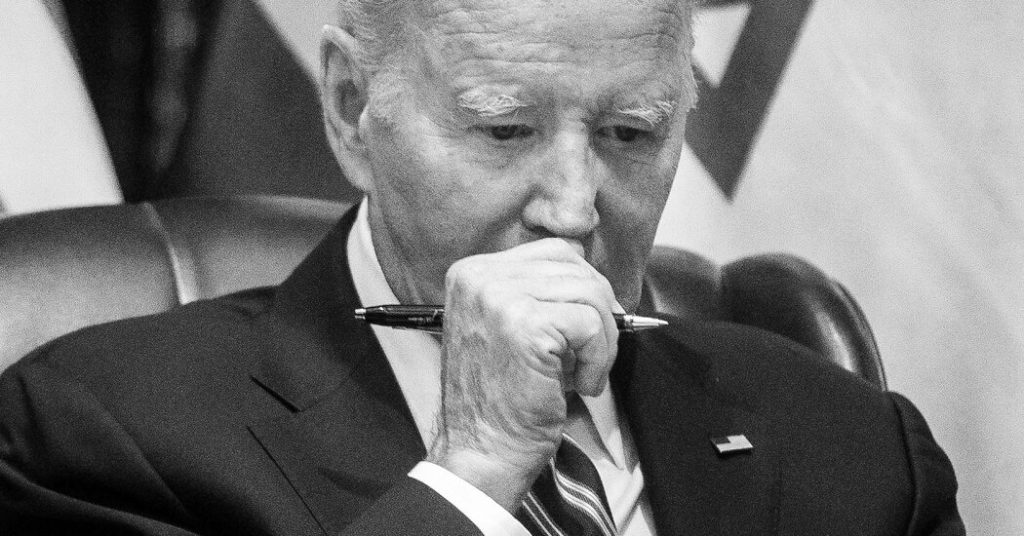Through a series of missile and drone attacks, Iran has launched an unprecedented direct assault on Israel, leading to fears of a major reprisal and potential escalation of conflict in the region. The White House is hesitant to support a strong Israeli response, but it is likely that Israel will retaliate to deter future attacks. To contain the conflict, Washington must signal its intention to support an Israeli counterattack, despite the risk of escalating tensions further. Iran’s internal vulnerabilities, along with its past experiences with U.S. military action, make it likely that a show of force from Israel could lead to a de-escalation of the situation.
The Iranian regime is well aware of the potential dangers of engaging in direct conflict with Israel and the United States, particularly given the current unrest within the country over economic issues and government oppression. A powerful Israeli response, which could potentially include a preventive strike on Iran’s nuclear sites, may serve to deter further aggression. However, it is important for Washington to communicate to Tehran that any escalation on Iran’s part will be met with immediate U.S. intervention to prevent further destabilization in the region.
Ayatollah Khamenei, the supreme leader of Iran, has expressed a conspiracy theory involving Jewish manipulation of American foreign policy. This belief may actually be beneficial in deterring Iranian aggression, as it could lead Khamenei to seek a way out of a potential conflict with Israel and the U.S. Through increased military presence in the Gulf, joint exercises with Israel, and a show of strength, Washington can play into Iran’s conspiratorial thinking and potentially facilitate a peaceful resolution to the current crisis.
In the past, the United States has often pursued containment and de-escalation in its dealings with Iran. Despite attacks on American service members by Iranian proxies, Washington has refrained from direct confrontation with Tehran. However, by standing by Israel and supporting a strong response to Iranian aggression, the U.S. can signal to Ayatollah Khamenei that further escalation will not be tolerated. This approach may lead to a de-escalation of tensions and prevent a full-blown conflict between Iran and Israel.
It is important for Washington to consider the historical context of conflicts between Iran, Israel, and the U.S., particularly in terms of the potential for external involvement to influence the decisions of Iranian leaders. By demonstrating a willingness to support Israel and intervene if necessary, the U.S. can deter further aggression from Iran and help prevent a larger regional war. Ultimately, a strong and coordinated response to Iranian attacks is essential in maintaining stability and security in the Middle East.








